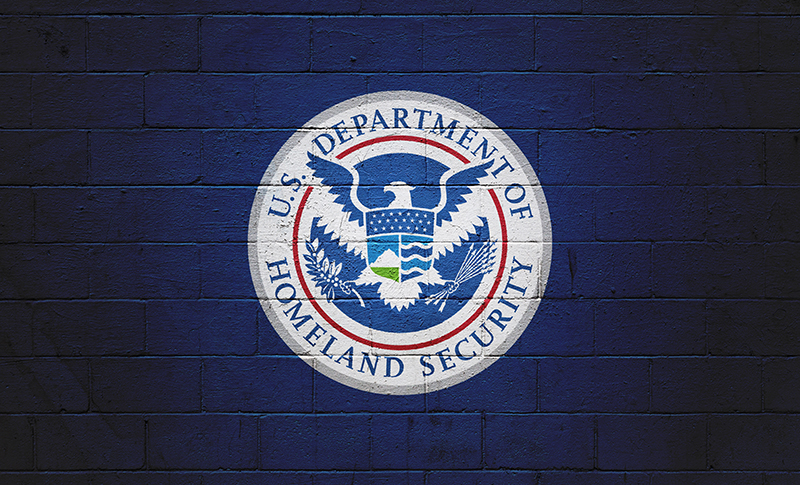
In its last days the Trump administration proposes steps to reduce, but not end, two relatively small parole programs it inherited from the Obama administration:
- One relates to relatives of Filipinos (now dead or in their 90s) who served in that nation's army in the 1940s. Not our army, their army. Not necessarily during World War II, but before December 31, 1946 – 16 months after the fighting ended.
- The other includes certain would-be immigrants from Haiti, largely family members of earlier migrants.
The announcement is in today's Federal Register.
Both of the parole programs gave temporary legal status to otherwise backlogged applicants for immigrant status who had qualified for admission but were not admitted because of an over-use of their visa category. From now on, it is proposed that no new paroles of this kind will be issued, but aliens who are here in these categories may apply for a "re-parole". It is not clear how much difference this will make in the size of these populations, but it will cause some members of them to submit new applications.
In other words, the proposal is to cease accepting new aliens in the program, but not necessarily to terminate those in it. The names of the programs are the Filipino World War II Veterans' Program (though virtually no vets will be included) and the Haitian Family Reunification Program.
The Federal Register announcement does not seem to include an estimate of the size of either population, but an earlier blog post of ours on the Filipino program discussed a potential population of some 6,000.
If one is interested in commenting on the proposed new rules, one can do so during the next 60 days using this link. By the end of the 60 days the new Biden administration will be about a month old; it will be interesting to see if it finalizes this sensible, if overdue, proposal.
